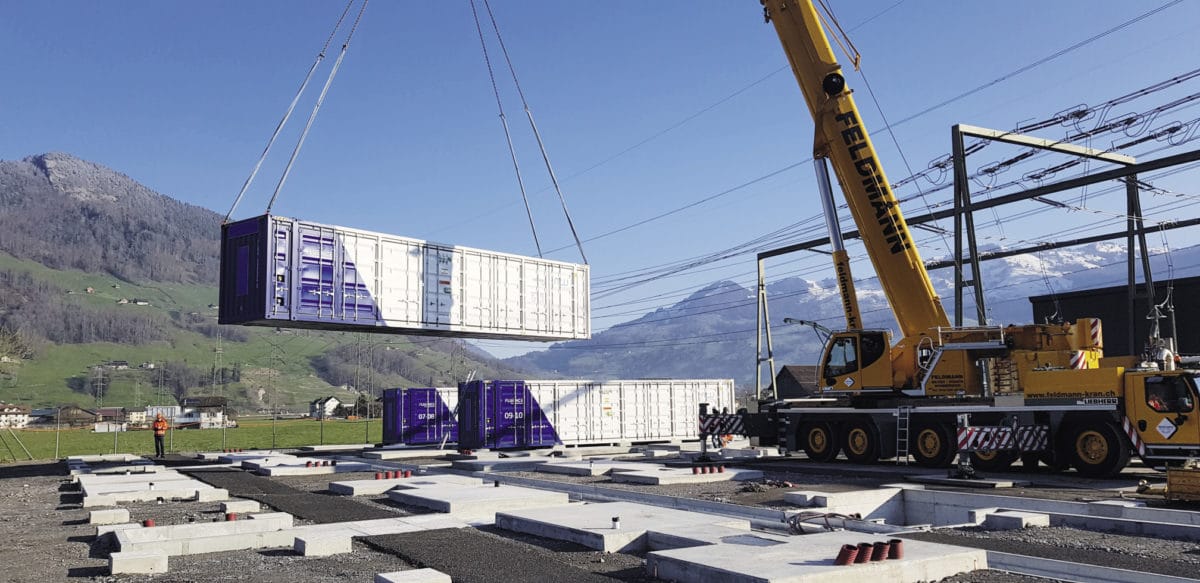From pv magazine International
The president of Bangladesh’s renewable energy trade body has echoed a call made by the UN for the nation to turn its back on coal and embrace clean power as its status at the global body could be set to change.
The United Nations’ committee on development policy on Friday recommended Bangladesh no longer be included on the international organization’s list of least developed countries.
The UN greeted the recommendation by advising: “Bangladesh should accelerate its efforts to scale back from coal fired power plants and shift to clean and sustainable energy.”
It was a sentiment described as “very appropriate” by Dipal C Barua, president of the Bangladesh Solar and Renewable Energy Association.
“Graduation to [the] upper level [of development status] does not mean only raising per-capita income,” Barua told pv magazine. “Quality of life, environment, and health also has to be ensured.” The trade body chief added: “We should lower dependence on fossil fuel and raise power generation from renewables. The UN suggestion came for our survival, for our sustainability. It should be [a] non negotiable goal to us.”
Natural gas dominates Bangladesh’s power mix and coal’s marginal share has been raised recently by the commissioning of new coal-fired power stations, with more under construction. That is despite the fact Dhaka recently cancelled 13 long-planned coal power stations which had failed to take shape because of the high price of the fuel, as well as environmental considerations. The cancelled facilities, though, will be replaced by liquefied natural gas plants.
Mohammad Alauddin, chairman of government body the Sustainable and Renewable Energy Development Authority (SREDA), said the authorities are already on track to respond to the UN request. He said plans for half the nation’s electricity to come from coal generation–outlined in a power sector masterplan (PSMP) in 2010–had been reduced to 35% five years ago, and added: “The PSMP is now under revision again and will cut down coal’s share, considering facts and reality.”
Alauddin said Bangladesh’s newly-enacted, eighth national five-year plan–for 2021-25–gives immense importance to the implementation of renewable energy projects.
The SREDA chairman said Bangladesh has 750 MW of clean power generation capacity, led by solar, and multiple PV projects are under construction.
This content is protected by copyright and may not be reused. If you want to cooperate with us and would like to reuse some of our content, please contact: editors@pv-magazine.com.








By submitting this form you agree to pv magazine using your data for the purposes of publishing your comment.
Your personal data will only be disclosed or otherwise transmitted to third parties for the purposes of spam filtering or if this is necessary for technical maintenance of the website. Any other transfer to third parties will not take place unless this is justified on the basis of applicable data protection regulations or if pv magazine is legally obliged to do so.
You may revoke this consent at any time with effect for the future, in which case your personal data will be deleted immediately. Otherwise, your data will be deleted if pv magazine has processed your request or the purpose of data storage is fulfilled.
Further information on data privacy can be found in our Data Protection Policy.